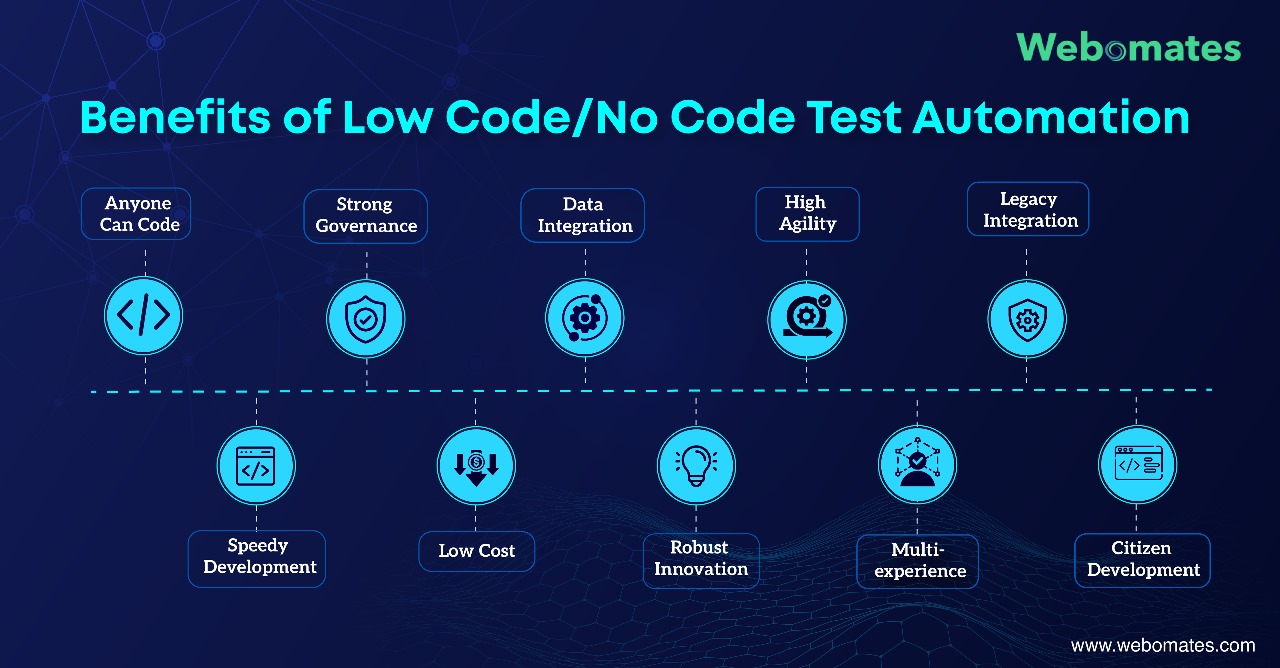In today’s fast-paced digital economy, businesses are constantly seeking new ways to innovate, engage customers, and differentiate themselves from the competition. One technology at the forefront of this evolution is Augmented Reality (AR). Once a futuristic concept, AR is now a practical, transformative tool revolutionizing how consumers interact with products, services, and brands. As AR technology matures and becomes more accessible, AR app development is rapidly emerging as a must-have investment for businesses across industries.
What is AR and Why Does It Matter?
Augmented Reality (AR) blends digital content with the real world in real time. Unlike Virtual Reality (VR), which immerses users in a completely virtual environment, AR overlays images, sounds, and other digital information onto the user’s physical surroundings, typically through smartphones, tablets, or AR glasses.
The power of AR lies in its ability to enhance the user’s environment rather than replace it. For businesses, this means creating immersive, interactive experiences that can boost engagement, enhance customer satisfaction, and ultimately drive sales.
The Rise of AR App Development
AR app development has seen explosive growth in recent years, thanks to advances in mobile hardware, 5G connectivity, and software development platforms like Apple’s ARKit and Google’s ARCore.
From e-commerce and retail to healthcare, education, and real estate, businesses are partnering with leading AR app development companies to create applications that transform how customers interact with their products and services.
Key Benefits of AR App Development for Businesses
Enhanced Customer Engagement
AR apps provide highly engaging experiences that capture attention and keep users interested longer. For example, retail brands can use AR to allow customers to “try on” clothes, makeup, or accessories virtually, removing the uncertainty associated with online shopping. This level of interaction creates a deeper emotional connection with the brand.
Improved Customer Experience
AR can simplify complex products or services, making them easier for customers to understand and use. For instance, IKEA’s AR app allows users to visualize how furniture will look in their homes before making a purchase, reducing the likelihood of returns and increasing customer satisfaction.
Competitive Advantage
As AR adoption becomes more widespread, businesses that embrace this technology early can gain a competitive edge. Companies investing in AR app development today are positioning themselves as innovative leaders in their industries, attracting tech-savvy customers and differentiating themselves from slower-moving competitors.
Data-Driven Insights
AR apps can track user interactions, providing businesses with valuable data on customer behavior, preferences, and engagement patterns. This information can be used to refine marketing strategies, improve product offerings, and enhance user experiences.
Remote Assistance and Training
In sectors such as manufacturing, healthcare, and logistics, AR apps can provide real-time remote support, training, and guidance. Employees can access visual instructions or connect with experts remotely, reducing downtime and improving efficiency.
Industry Applications of AR App Development
Retail & E-Commerce
AR enables virtual try-ons, product previews, and in-store navigation, making the shopping experience more interactive and personalized. Brands like Sephora, Nike, and Warby Parker have successfully integrated AR into their customer journeys.
Real Estate
AR can bring properties to life with virtual walkthroughs, helping buyers visualize spaces without needing a physical visit. This is particularly useful in the early stages of property hunting or for international buyers.
Education & Training
Educational institutions and companies are using AR to create interactive learning environments. From medical training to mechanical repair simulations, AR apps can make learning more engaging and effective.
Healthcare
AR app development is transforming patient care by enabling 3D visualizations of organs, real-time surgery assistance, and interactive patient education tools.
Choosing the Right AR App Development Company
To successfully leverage AR, businesses must work with a trusted AR app development company that understands their goals and has the technical expertise to bring their vision to life. The right partner will:
- Help define your AR strategy and use cases.
- Develop scalable, user-friendly AR applications.
- Ensure cross-platform compatibility.
- Provide ongoing support and updates.
Look for companies with a proven track record, a strong portfolio, and positive client testimonials. Collaborating with a seasoned AR app development company can significantly reduce development risks and ensure a smoother, more successful implementation.
The Future of AR in Business
The potential of AR is only beginning to be realized. With the rise of wearable AR devices like smart glasses, we are on the cusp of a new era where AR becomes an integral part of everyday life. As this technology evolves, so will the expectations of consumers.
Businesses that invest in AR app development today are not just keeping up with trends—they’re preparing for the future. AR offers a unique way to bridge the gap between digital and physical experiences, enabling companies to connect with their customers in more meaningful and memorable ways.
Conclusion
The future of AR app development is bright—and it’s a future no forward-thinking business can afford to ignore. From enhancing customer engagement and satisfaction to creating new revenue streams and efficiencies, AR is reshaping how businesses operate and connect with their audiences. Partnering with a reliable AR app development company ensures that your business remains at the cutting edge of innovation.
Now is the time to explore how AR can transform your business and set the stage for long-term success in a digitally enhanced world.




